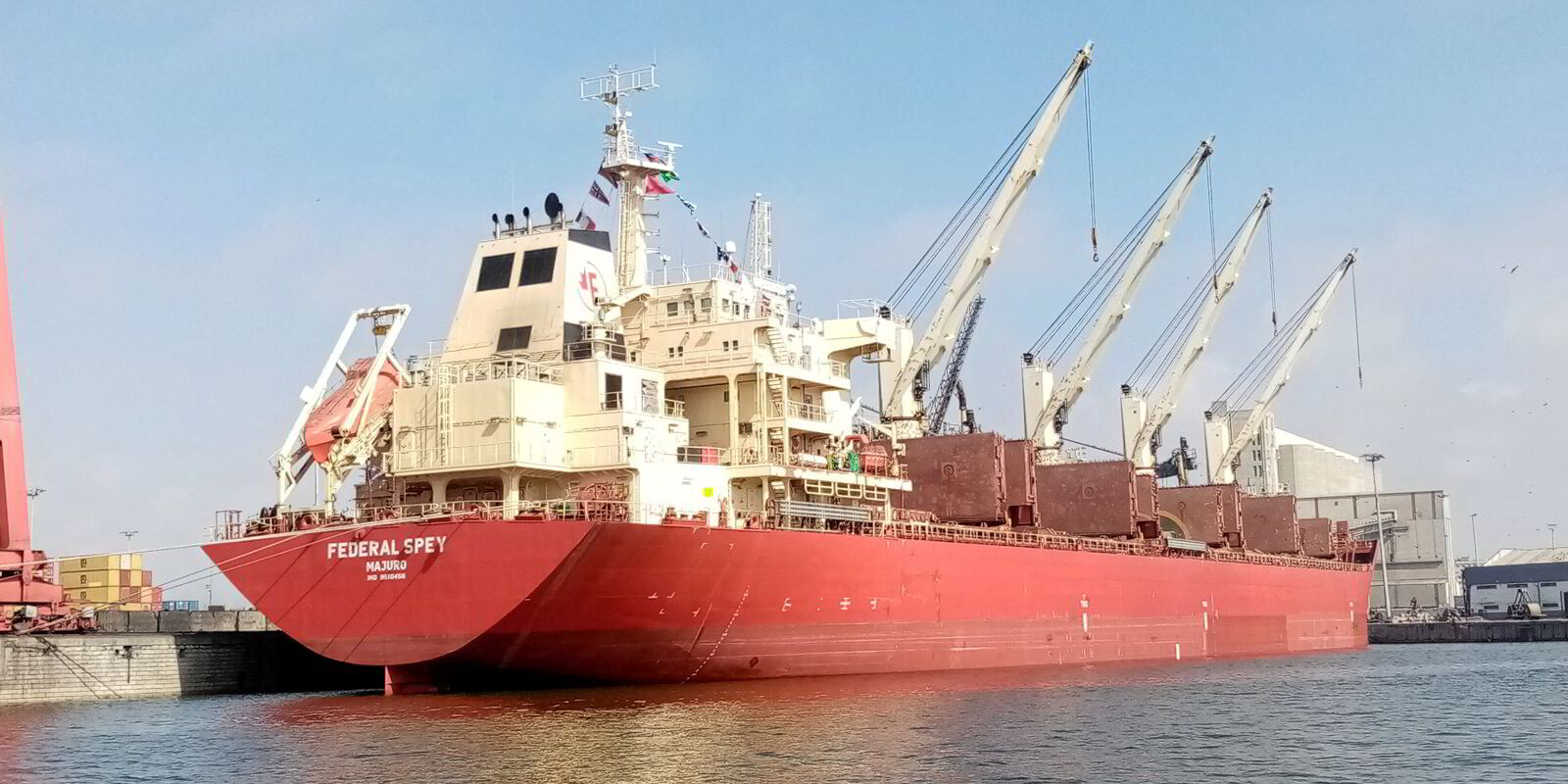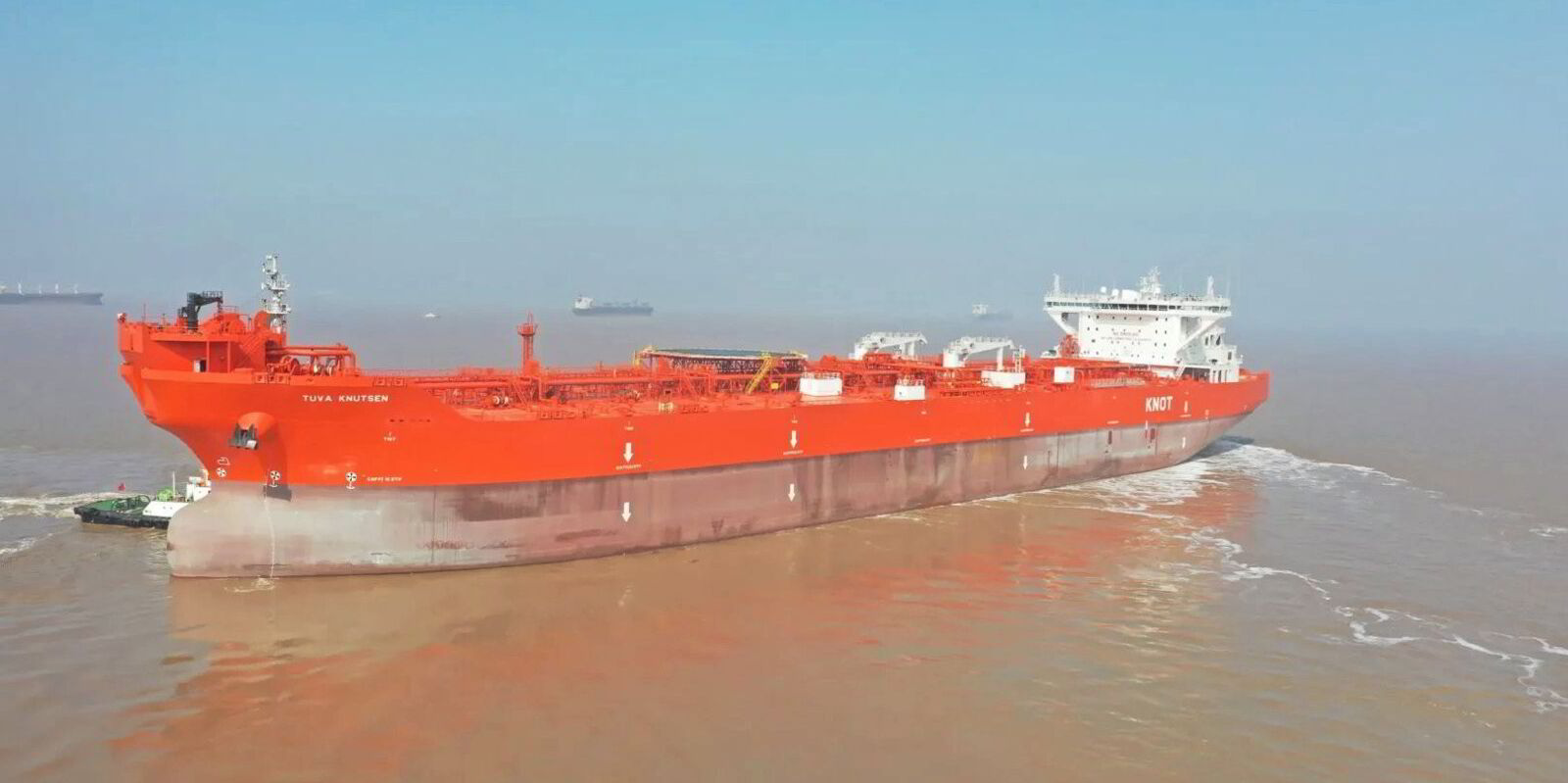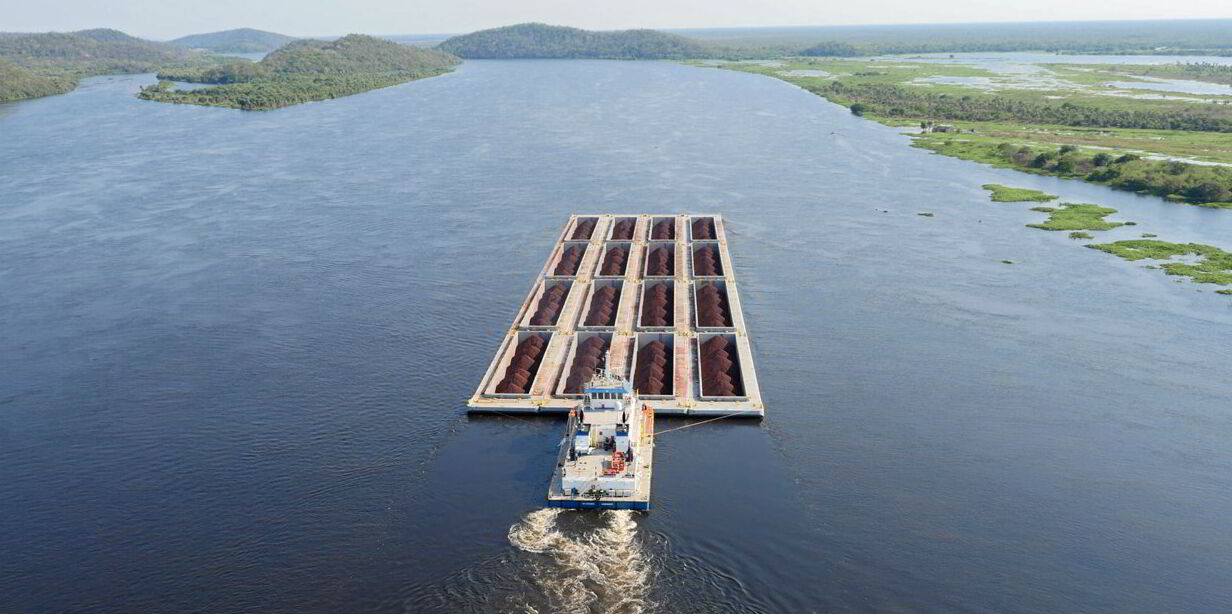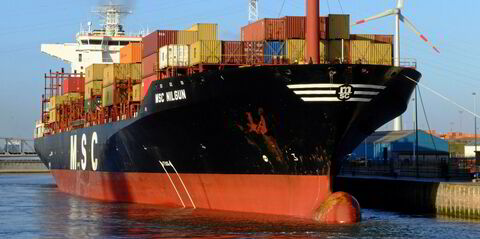A trade group has filed a complaint against Canadian shipowner Fednav, urging Brazilian federal officials to inspect the company’s records over “suspicions of irregularity” in a bulker’s involvement in the South American country’s domestic trades.
Logistica Brasil, which describes itself in English as the Brazilian Shippers Association, lodged the complaint with Brazil’s National Water Transport Agency, known by its Portuguese acronym ANTAQ.
Federal authorities have taken up the complaint by writing to Montreal-headquartered Fednav to provide documentation and its side of the story, according to a letter seen by TradeWinds and signed by Jonas Soares Dos Santos, ANTAQ’s manager for the Rio de Janeiro region.
The complaint by Logistica Brasil, led by president Andre de Seixas Ponce Alves, after it monitored the market to find foreign shipping that is not following the rules of the country’s cabotage laws.
Those laws require shippers to set up an authorised Brazilian entity before they can move cargo between two ports on the country’s coast.
Fednav spokeswoman Stefany Corey said the company “complies with all rules and regulations” in all the countries where it operates, but did not provide further detail.
The activities of the 37,100-dwt handysize bulker Federal Spey (built 2012) caught Logistica Brazil’s attention.
Logistica Brasil told federal officials that, by all indications, the ship was used “under cover of” Brazilian shipping company Zemax, the formal name of Rio de Janeiro-based Zmax Blue Ship, to carry steel products from the northeastern port of Pecem to Piacaguera in the south. Zmax could not be immediately reached for comment for this story.
Marketing ships for cabotage trade?
The trade group said it was aware that Fednav has been offering its vessels to coastal shippers through shipbrokers.
Fednav has a local entity, Sao Paulo-based Fednav Brasil Maritime Agency, but Logistica Brasil alleged that it had not gone through the regulatory hurdles of becoming a formal Brazilian shipping company that would allow it to operate in cabotage trades.

“This practice, if confirmed, constitutes a serious infraction, as it ultimately allows foreign companies to explore coastal navigation without proper authorisation, without subjecting themselves, as mentioned, to the regulatory burdens that Brazilian navigation companies are subject to,” Logistica Brasil said, according to the letter to Fednav.
Brazil’s cabotage laws are not as strict as the Jones Act in the US, for example, and they have become less restrictive to foreign shipowners and operators.
Logistica Brasil director Abrahao Salomao said foreign shipowners are trying to get into the country’s cabotage trade without bearing the legal burdens that authorised owners take on.
“Brazil is welcoming to anyone that wants to explore cabotage,” he said, but he added that they must take on the proper legal requirements.
The group told ANTAQ that foreign companies were buying authorised companies’ right to trade through what it described as “simulated” charter agreements that it said were no more than an exchange of documents.
Salomao, who is also chief executive of Brazilian shipping company Posidonia Shipping, told TradeWinds that operators that have not gone through the full legal hurdles of becoming an authorised Brazilian shipping company may have an advantage in freight tenders since complying with federal rules has a compliance cost.
Antaq official Santos Filo gave Fednav 15 days to provide documentation to the federal agency.





